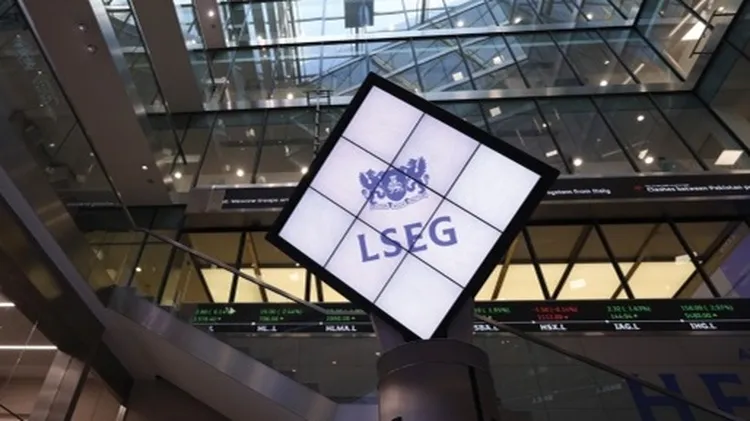Texas is to get a new, liberated stock exchange. Why not Manchester or Le
The flight from woke
3 min read
This article is from...
Read this article and 8000+ more magazines and newspapers on Readly





